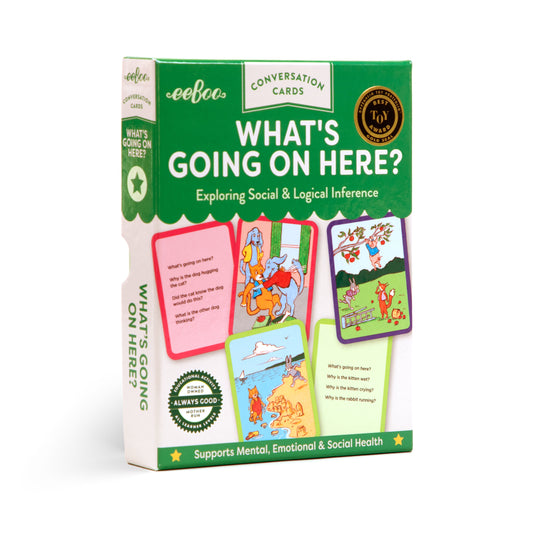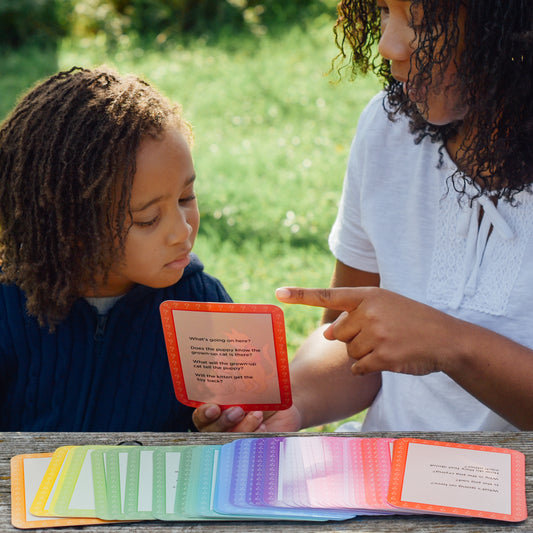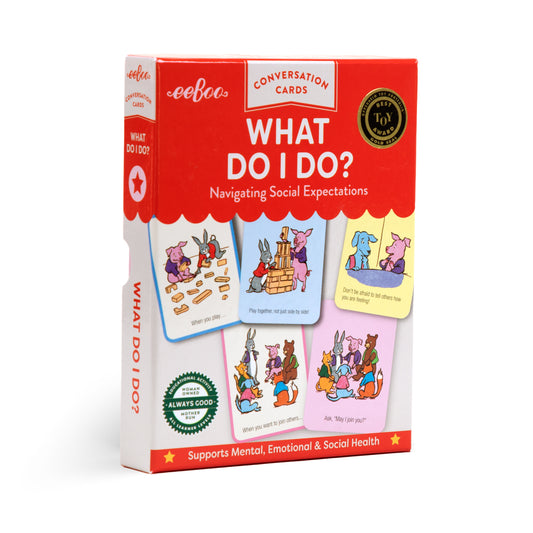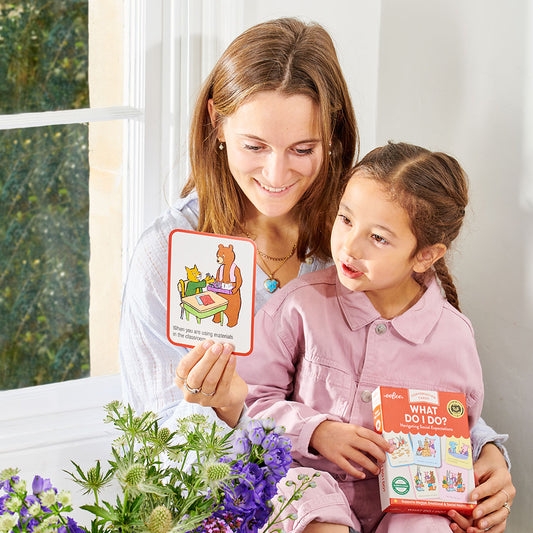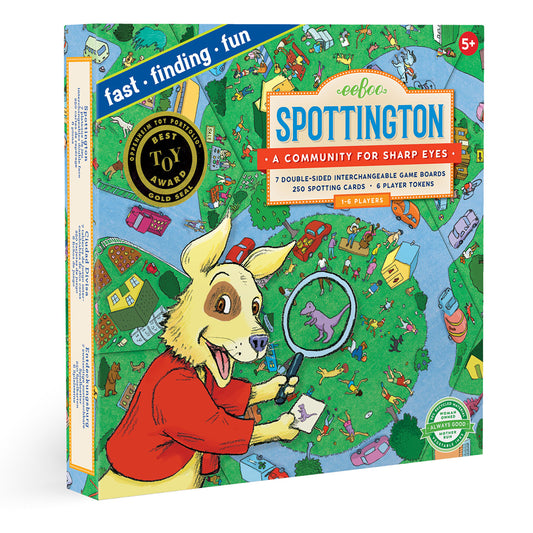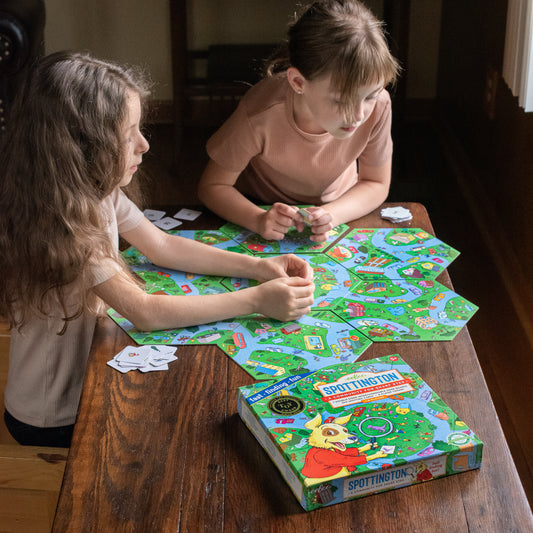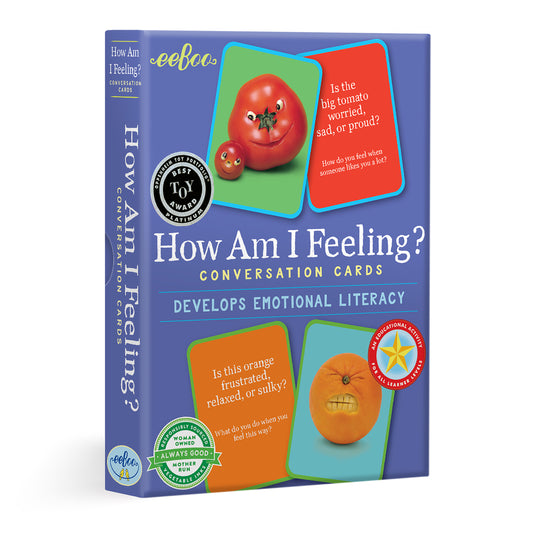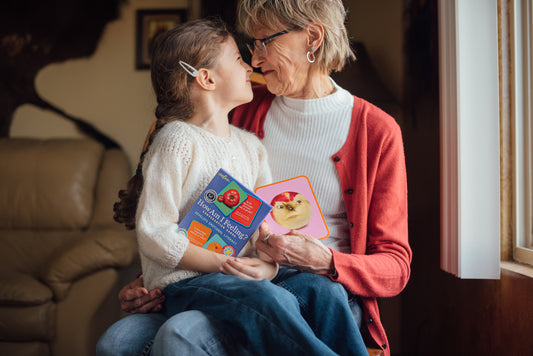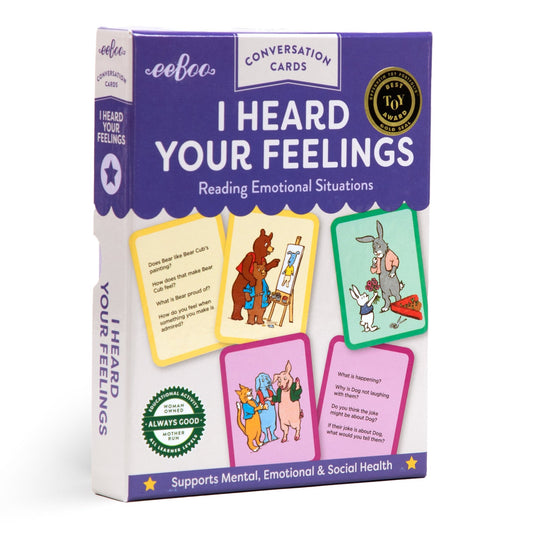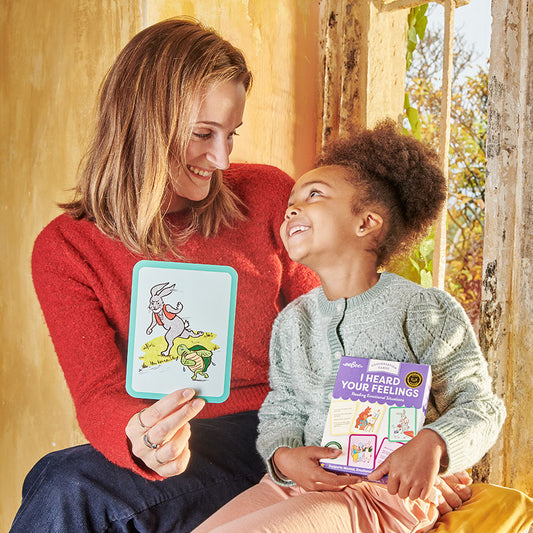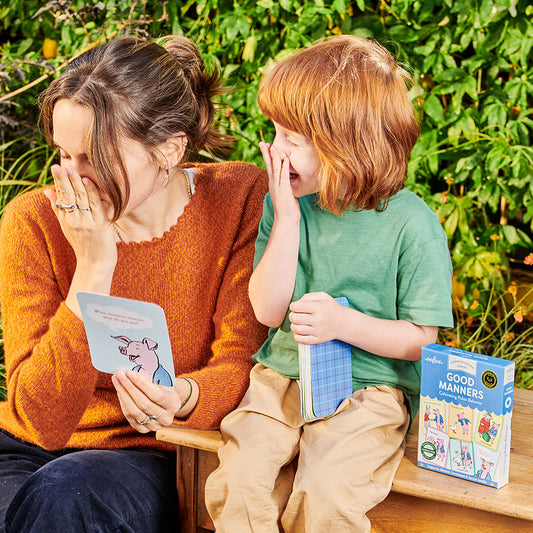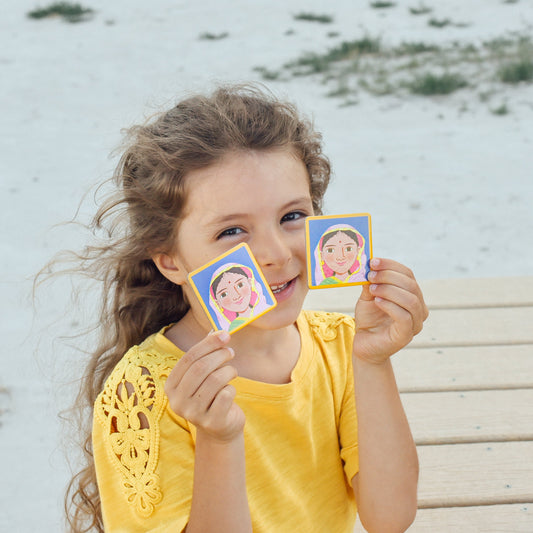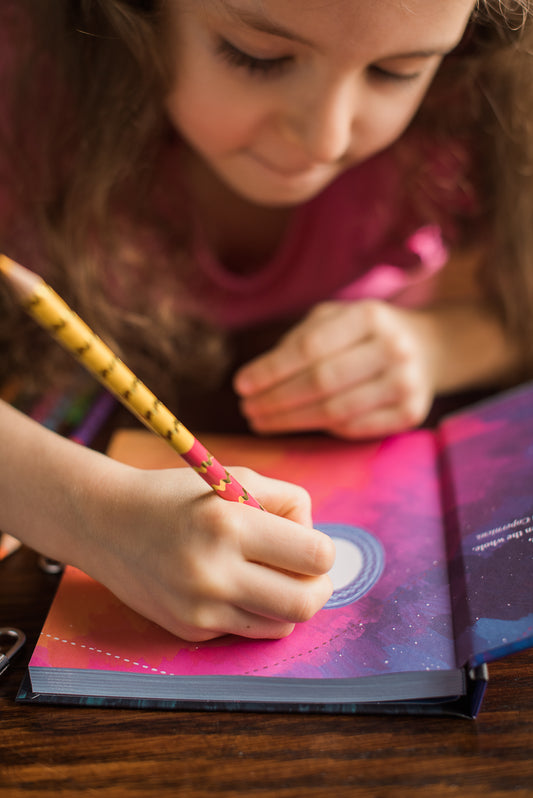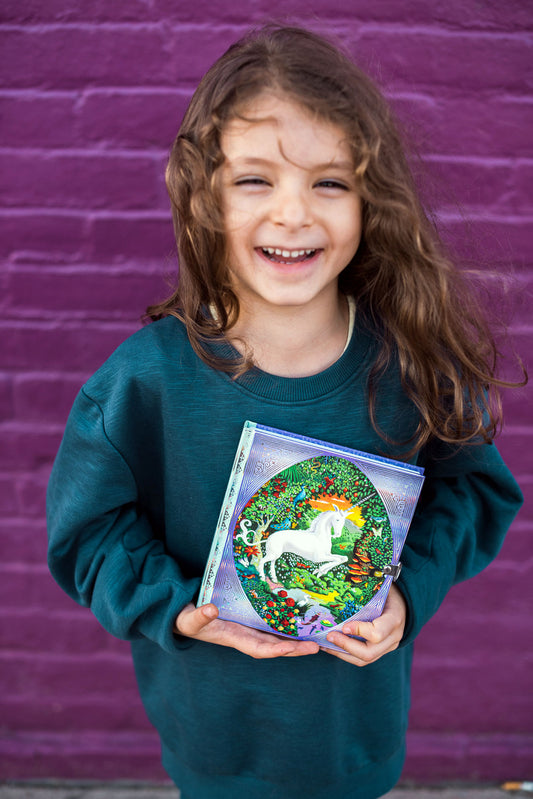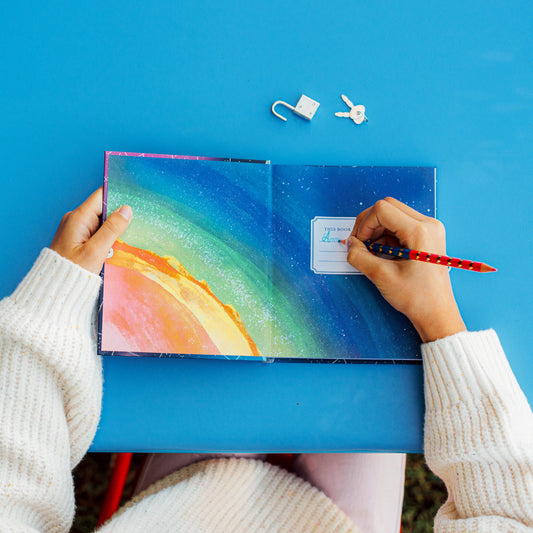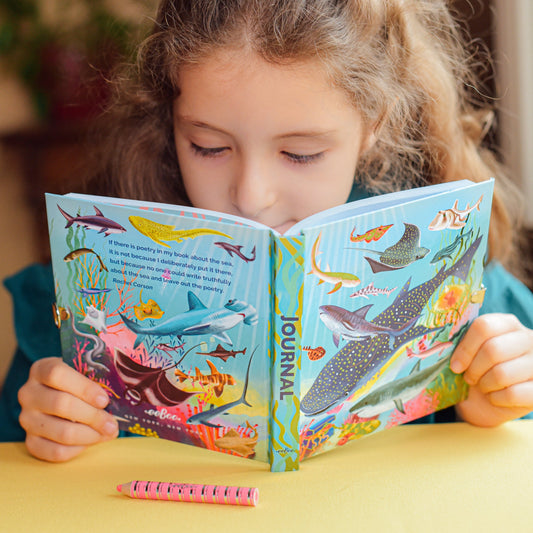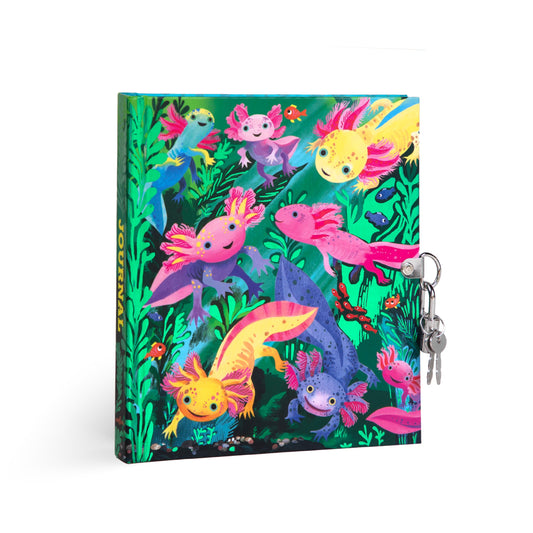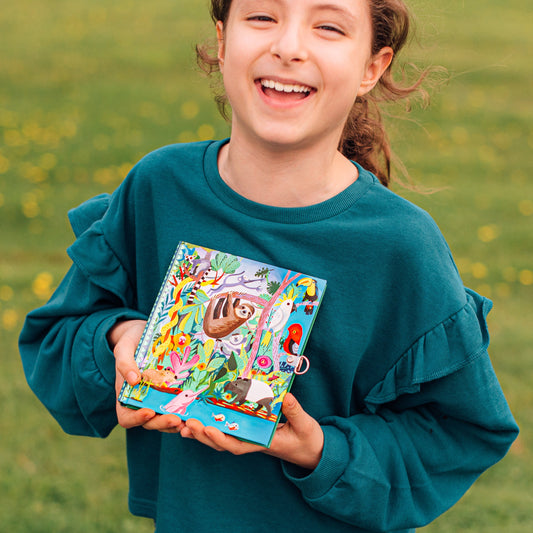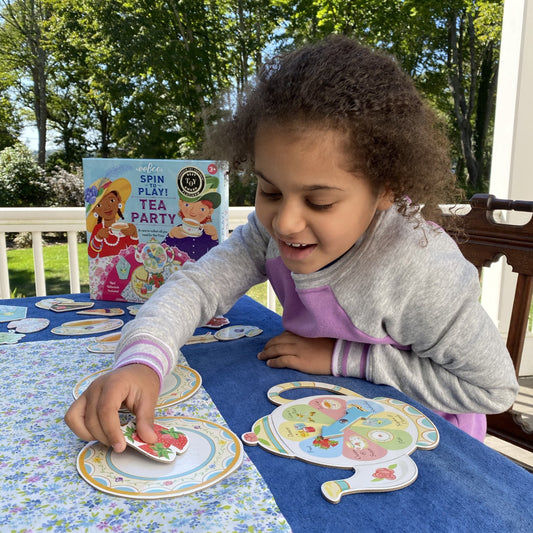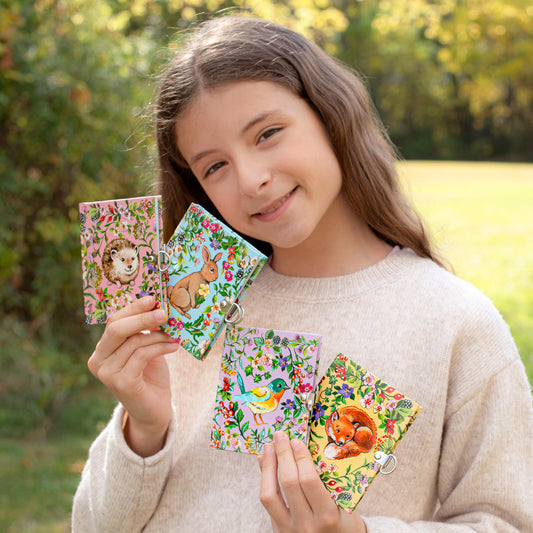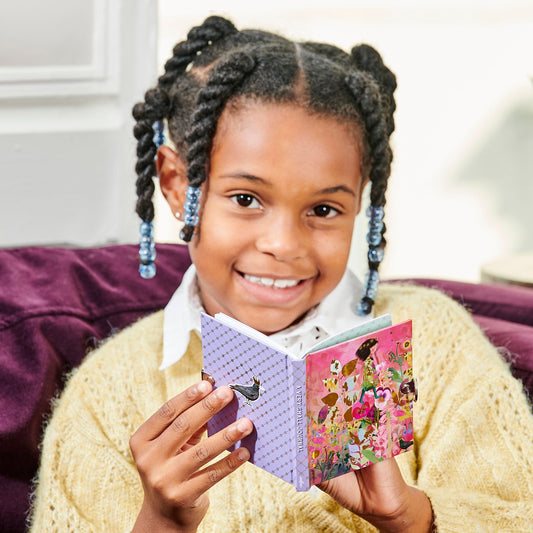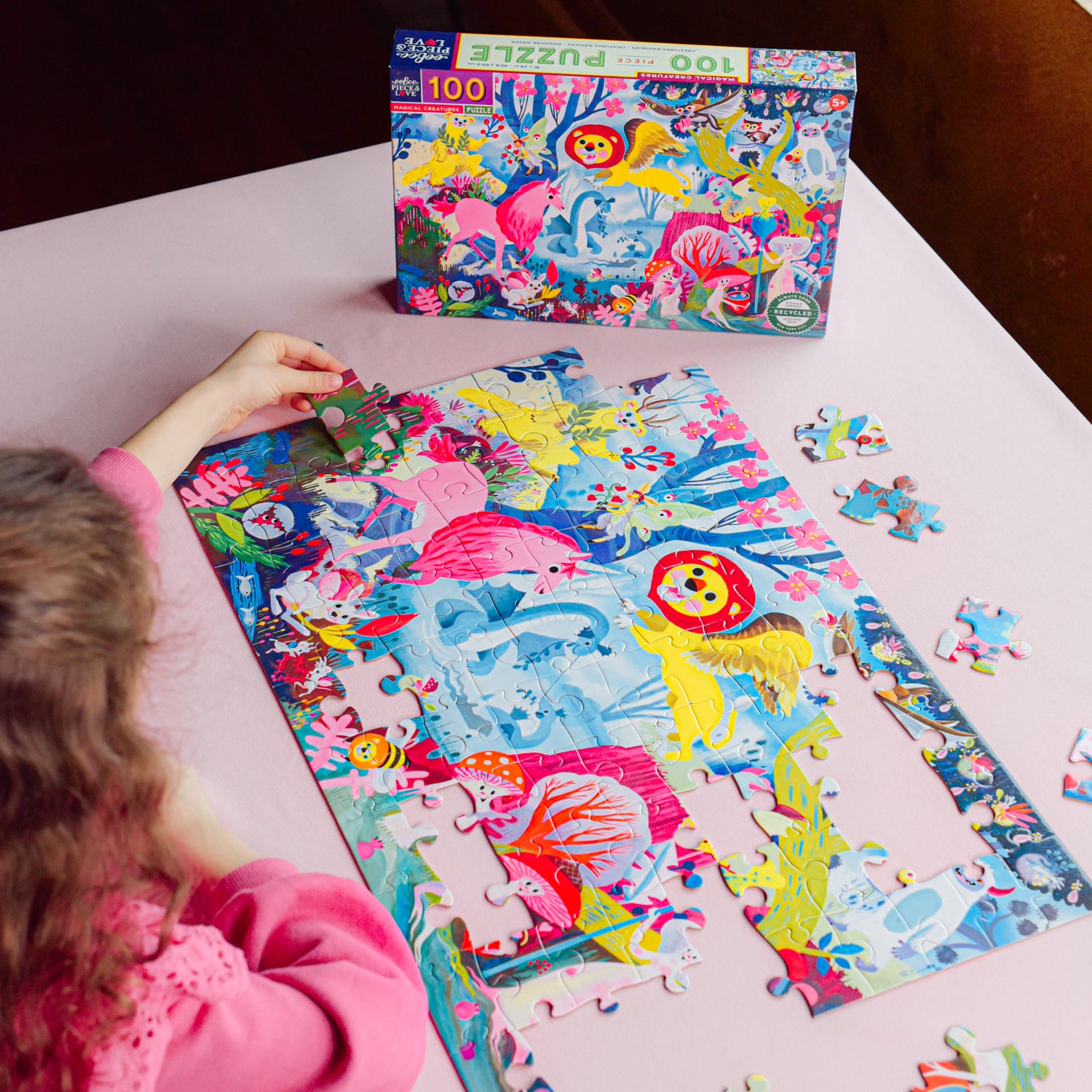Preparing the next generation for social change is about fostering empathy, resilience, critical thinking, and a commitment to equity. Here are key strategies to help kids and teens feel empowered to participate in shaping a better future:
1. Encourage Empathy and Understanding
- Teach kids to listen to and understand perspectives different from their own. Encourage empathy through diverse books, movies, and open conversations about others' experiences.
- Engage them in activities that connect them to people from different backgrounds and experiences, like volunteering or cultural events, to foster inclusivity and awareness.
- Products that help: Conversation Cards
2. Build Critical Thinking Skills
- Help kids develop the ability to question information, evaluate evidence, and think independently. Encourage them to ask “why” and explore answers rather than accepting things at face value.
- Teach them to research issues they’re curious about, showing them how to evaluate credible sources, and understand the importance of facts.
- Products that help: Basic Skill Games and Natural Science
3. Foster a Growth Mindset Around Social Issues
- Discuss social change as a journey rather than a destination. Remind them that change takes time and that every small action matters.
- Encourage them to see setbacks as learning opportunities. If they encounter challenges in making a difference, help them process these experiences constructively and remain hopeful.
4. Introduce Role Models and Stories of Change
- Share stories of leaders and activists, past and present, who have made a positive impact. Emphasize diverse voices and experiences so kids can see themselves represented.
- Introduce role models who have created change in different ways—through science, art, politics, or community organizing. This shows that there’s no one “right” way to make a difference.
- Products that help: Votes for Women Flash Cards and Puzzle
5. Involve Them in Real-Life Issues and Solutions
- Kids feel empowered when they see that their actions matter. Encourage them to get involved in local issues—like environmental clean-ups, community support groups, or awareness campaigns.
- Allow them to identify causes they care about and help them take age-appropriate action, whether it’s a simple letter to a local representative, joining a youth group focused on a cause, or spreading awareness among friends.
6. Teach Effective Communication and Advocacy Skills
- Show kids how to express their views respectfully and listen to others’ opinions even when they differ. Practice debating ideas in a positive, constructive way.
- Teach them skills like writing letters, speaking up in groups, and organizing others. Skills like these are essential for creating real change and for feeling confident in making a difference.
7. Instill a Sense of Responsibility and Hope
- Help kids understand that everyone has a role to play in building a fair and just society. Encourage them to think about the kind of world they want to create and the steps they can take.
- Balance discussions of big social issues with a sense of hope. Remind them of progress that has been made in the past and of the potential for positive change ahead.
8. Model Commitment to Social Change
- Show kids that social responsibility is a lifelong commitment. Involve them in your own efforts toward positive change, whether that’s through voting, volunteering, or supporting local initiatives.
- Let them see you staying informed, engaging with community issues, and working towards solutions. Modeling this commitment makes these values a natural part of their own lives.
When young people grow up with empathy, critical thinking, and a sense of agency, they’re not only prepared to adapt to social changes but are also empowered to contribute actively to a more equitable, compassionate, and forward-looking world.



